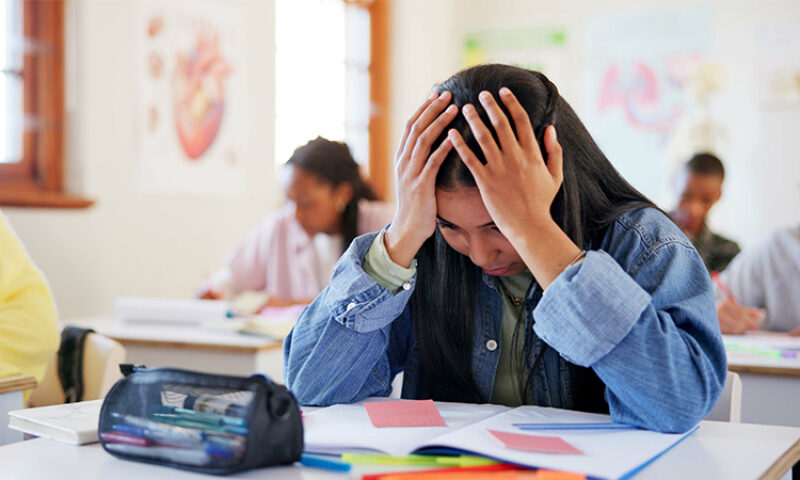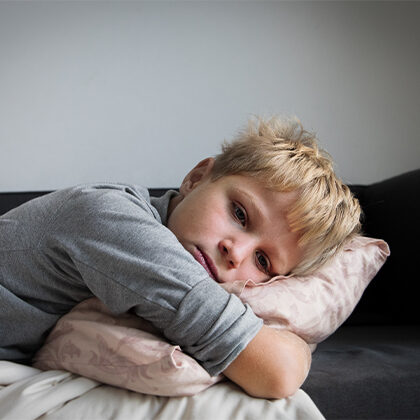How You Can Provide Support
Children dealing with anxiety need to know their parents are there for them. Providing the proper support for your child will not only help them through their worrying and fears but also strengthen the bond between you two.
Fostering a healthy environment for them and their cognitive development is a great place to start. Make sure they feel comfortable at home, are treated well at school, and get plenty of sleep and healthy meals. Also, make sure they’re staying active—whether going for bike rides, playing outside, or getting involved in a sport, they are kids, after all!
Apart from that, it’s important that both of you know what may trigger your child. Understanding what causes anxiety will help you and your child handle it better. You should also ensure your child knows you hear and empathize with them, so showing you can understand their situation helps them feel supported. Finding ways to build their confi dence is also helpful—practicing ordering at a restaurant, for instance—as anxiety is often a side eff ect of low self-esteem. Lastly, teach them deep breathing techniques to steady their heart rate and relax their mind.
When to Seek Professional Help
Pay close attention to your child’s behavior for signs of needing professional help. Children may regress when distressed. For example, instead of going to the bathroom, they may wet themselves. While older siblings often regress when their younger sibling is born, this behavior may be a sign of a more serious issue that requires professional help. Another sign of needing mental health care is if the coping strategies you’ve shown them aren’t working. When you notice these behaviors, it may be time for them to see a mental health provider.
Schneck Mental Health off ers quality, responsive care to patients of all ages. Our services cover a variety of areas, such as anxiety, stress management, coping skills development, and family & social support issues. Through these services and levels of care, we can teach your child practical management skills for anxiety in all areas of life.






